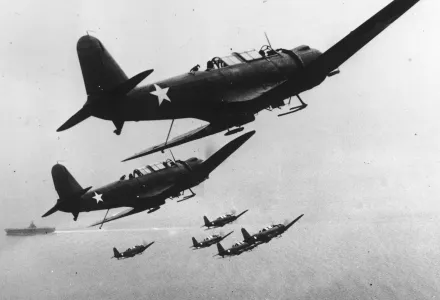Speaker: Justin Winokur, Ernest May Fellow in History & Policy, International Security Program
How did military supremacy become the common sense of the American people and the modus operandi of the U.S. government? This seminar argues that after World War II, a group of state-builders constructed a political, institutional, economic, ideological, and cultural system to permanently sustain a global military in peacetime.
Drawing on the records of the Department of Defense, the White House, Congress, the aircraft industry, and key figures in the U.S. military and foreign policy establishments, this research recovers the uncertainty about America’s global role after World War II. Understanding how military leaders worked to stop postwar demobilization and inject the military into every arena of governance illuminates one of the most consequential transformations in U.S. history.
Admittance is on a first come–first served basis. Tea and Coffee Provided.





